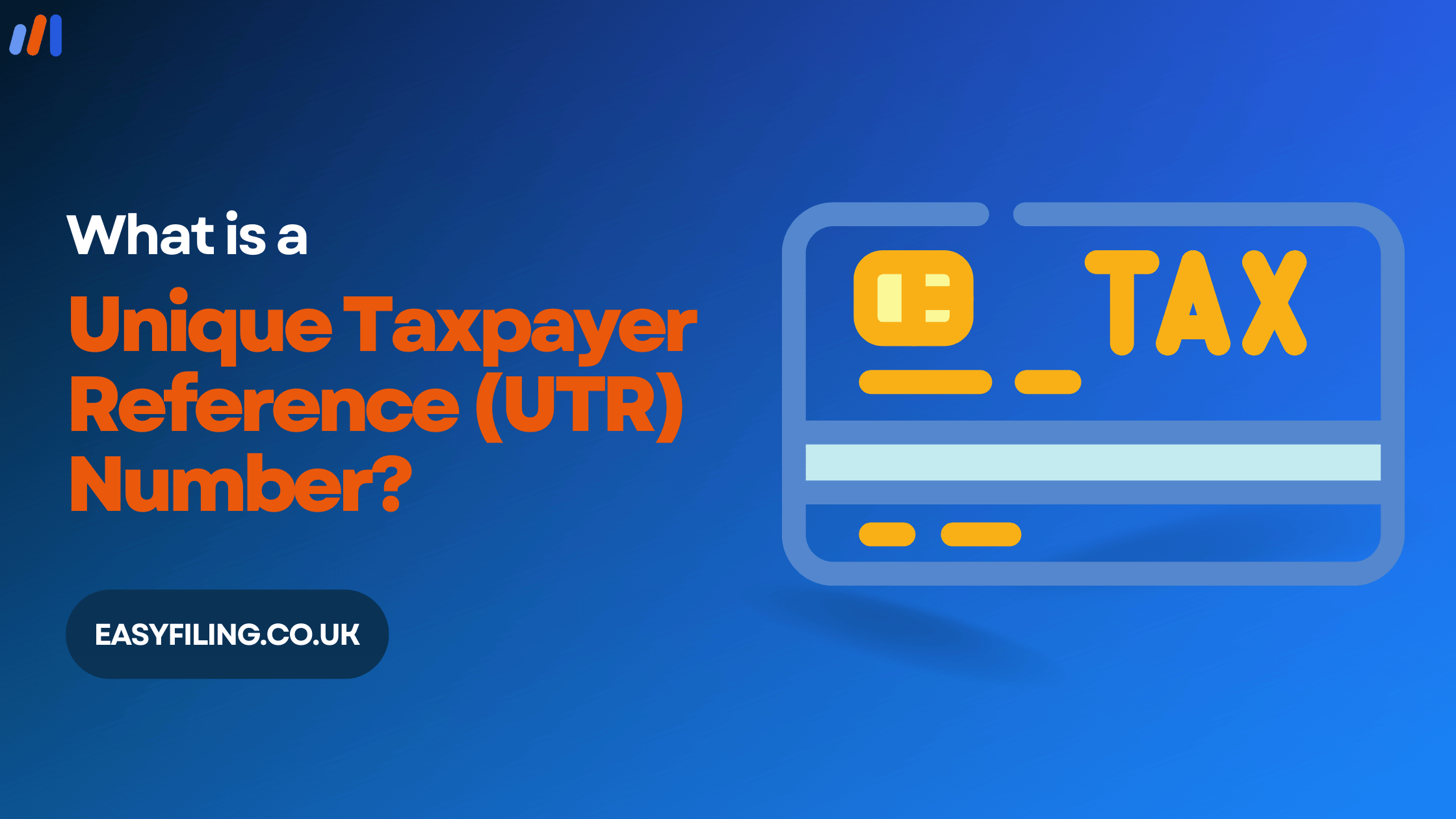To be able to manage their finance effectively, entrepreneurs must consider opening a UK business bank account as a necessary step. The reason behind it is that it assists in separating personal and company funding sources while at the same time creating trust with clients and suppliers.
In this guide, we will walk you through, so that you can establish your business account and have a good foundation for the financial health of your company. Whether you are starting or have been around for a long, knowing about the process helps you make better choices thus optimizing the banking experience. Let’s take off!
Why Open a UK Business Bank Account for Non-Residents?
The following main reasons highlight its importance:
International Credibility: A British bank account enhances international credibility.
Payment Processing: Easier payment transactions with clients and vendors based in the United Kingdom.
Access to Financial Services: UK-specific products and services designed for businesses
Legal Compliance: It aids compliance with legal requirements related to trading activities within Britain.
Requirements for Non-Residents
While different banks may want other documents not mentioned below, non-residents generally need:
- Proof of Identity such as a valid passport or national ID card
- Proof of Address which includes both home address and any location of UK businesses (if applicable). Utility bills or letters from local authorities usually do.
- Business Documents like a certificate of incorporation, business plan, or relevant licenses.
- Director Information such as evidence of identity/address etc. for all directors in a company.
Step-by-step guide to Open UK Business Bank Account for Non-Residents
Step 1: Determine Your Needs
Before selecting a bank, know what features and facilities would be important for your enterprise. Some considerations include:
- Transaction Limits: (how many transfers in a month)
- International Transactions: sending/receiving funds abroad?
- Overdrafts and loans: Do you require credit facilities?
- Online Banking: is there an advanced online banking system required?
Step 2: Research Banks and Their Offerings
Financial institutions differ widely from each other. This implies that some offer better rates while others have enhanced customer service. You can also research by comparing:
- Fees: monthly fees, transaction fees, and other hidden charges.
- Introductory Offers: for example, new customers are given fee-free periods or even cash-back
- Customer Support: is the bank’s reputation good based on what people say?
Step 3: Gather Required Documentation
To start a business account, you will often need to provide certain documents to your bank such as:
Proof of Identity: Such as passport, driving license, or national identity card
Proof of Address: A recent utility bill, mortgage statement, or council tax bill.
Business Proof
- For sole traders, it could be a tax return or business registration document.
- For partnerships, there should be a partnership agreement.
- For limited companies, they include certificates of incorporation and memorandum plus articles of association.
Step 4: Application Process
Having decided on one bank go ahead with this process:
Online Application: Fill in all required details correctly; most banks have this option making the exercise easier and quicker.
In-Person Meeting: financial institutions might ask you to visit their branches for confirmation purposes when applying for an account.
Step 5: Understand Terms and Conditions
Ensure that you read through the terms and conditions provided by the bank before concluding your account opening process:
- Fees: know what fees may apply.
- Account Restrictions: are there any specified minimum balances? What about maximum withdrawals?
- Interest Rates: If applicable, see how your account balance will be affected by interest.
Step 6: Set Up Online Banking
When you open an account, make sure to create an online banking account to manage your finances conveniently. Some of the available features include:
- Transfers and Payments: You may also set up standing orders and direct debits for this purpose.
- Account Monitoring: This feature allows you to keep track of all transactions made in your account as well as the current balance whenever you need it.
- Alerts and Notifications: For instance, large payments or low balance alerts.
Here are five banks in the UK that non-residents interested in opening a business account can consider.
HSBC
Global Reach: HSBC is an international bank of repute, and with a presence in many countries which makes it suitable for non-residents.
International Business Accounts: They have tailored accounts for global businesses that come with multiple currencies and worldwide assistance.
Online Banking: It has advanced features on its online banking system that make the management of finances easier from any location globally.
Barclays
Dedicated Support: Barclays is known for its excellent customer service and has business managers who are assigned to non-resident entrepreneurs.
Flexible Solutions: Provides several types of business accounts as well as services, such as credit facilities and merchant services.
Efficient Account Setup: The processes involved in the creation of accounts for their foreign customers are rather simple.
Lloyds Bank
Comprehensive Banking Services: Lloyds offers diverse products ranging from business loans to cash management solutions to cater to different business objectives.
International Payment Options: This supports easy international transfers, hence suitable for international businesses.
Relationship Managers: Give you opportunities to work with experienced relationship managers in managing your growth ambitions through their family office services or Multi-Family Office (MFO) advisory team.
NatWest
Specialist Accounts: A range of flexible banking options like non-geographical business accounts are available at NatWest specifically designed for foreigners.
Digital Banking Tools: Robust online banking platforms enable clients to take charge of their finances wherever they are using either mobile devices or computers connected to the internet by Wi-Fi or other means.
Business Growth Support: This section provides resources and support associated with expanding a company’s operations into new markets and planning future financial needs, among other areas.
Santander
Competitive Rates: Known for competitive fees and rates, which can be beneficial for startups and growing businesses.
Multilingual Support: Language should not represent a barrier when setting up an account or making transactions; thus this lender offers its services in various major languages spoken by native speakers around the world.
Focus on SMEs: Santander has a strong focus on small and medium enterprises, offering tailored solutions to meet their unique challenges.
While choosing the bank you should look at such factors as ease of account opening, range of services offered, and experience of the bank in dealing with international clients. You may want to consult a financial advisor who will help you choose the best banking option for your particular needs.
Conclusion
Non-resident registration of a UK limited company can be a beneficial step for many entrepreneurs planning to conduct business there. If all requirements are met according to the guidance above, however, it is an easy process that will enable you to open your account successfully. In case you need more information or assistance, now feel free to contact experts specializing in banking services for non-residents.










